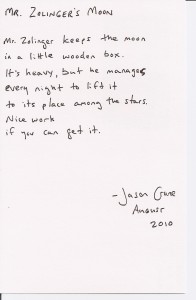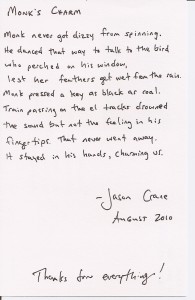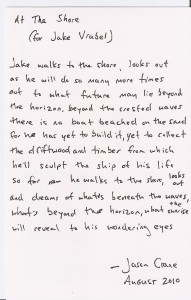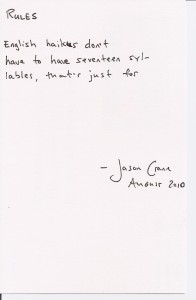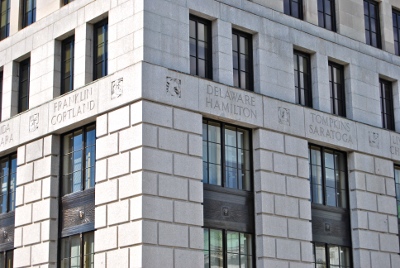Listen to this poem using the player above.

Estonia
at this time of year
the sun can’t make up its mind
holding off the night like a spurned lover
confused bees circle the petals
of flowers that reach for the dusky sky
pining for light
this is the season when all lovers tremble
when every park bench is an altar
and hearts are laid bare for the taking







